
Welcome to Pharmaceutical Market Europe’s special feature on 30 women leaders in UK healthcare (Part 1)
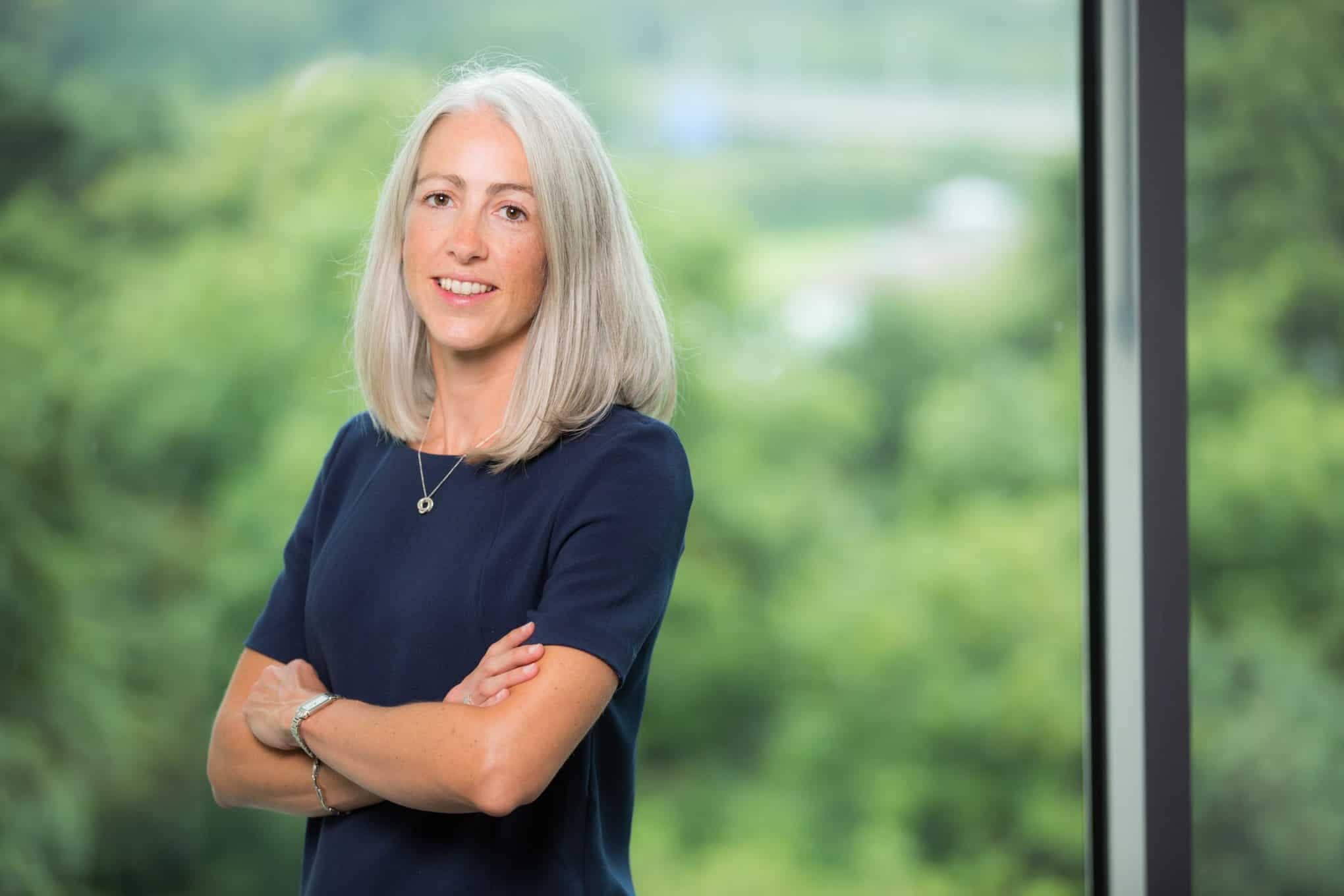
MSD’s Louise Houson: one of the outstanding women leaders highlighted here
We’ve put together this list of 30 truly dynamic and talented people to illustrate how pharma, biotech, academia and the NHS already have a wealth of women leaders – working in fields which not long ago were overwhelmingly dominated by men. Now women leaders are playing their part in answering the big questions of 21st century healthcare – with dedication, diligence and new ways of thinking and working.
At the same time, there is no doubt that there is still a long way to go before we can truly claim ‘gender parity’ in senior UK management teams, part of the push for broader diversity in the workplace which the best organisations know they must strive to achieve.
The reasons behind the still-too-slow progress towards gender parity are many, and are often subtle cultural and social barriers that aren’t easy to dismantle. They include: early education choices made by girls, cultural assumptions about what a ‘leader’ looks like, a lack of role models and mentors for young women, career pathways incompatible with motherhood and sadly, on occasion, that ‘boys’ club’ mentality which belittles or excludes women.
Organisations such as the Healthcare Businesswomen’s Association (HBA) are helping to accelerate progress by celebrating leadership and mentoring by men and women – but of course employers must also play their part in this transformation.
Writing in an ABPI blog to mark International Women’s Day last year, Pfizer’s Professor Melissa Hanna-Brown commented:
“There are still not enough women in leadership positions (in academia or industry) and women are still not receiving equal pay. I would like companies and academia to be held accountable for addressing this problem while supporting women in the workplace,” she said.
“There should be more flexibility across the career landscape to help women return to work after having children and we need to see companies commit to equal opportunities at all career stages to ensure women are actively supported to reach their full potential.”
Finally, a note on the logic behind our list of 30: this is not a ‘power list’, indeed there is no hierarchy (the numbering is there simply to make it easier to navigate), and it doesn’t strive to be definitive. Rather, these women have been chosen for their leadership in their chosen field, often breaking out of the mould and taking a new approach to an old problem, even if they’re not in an ‘entrepreneurial’ role. We also wanted to illustrate the diversity of talent working across healthcare, and emphasise how seeing UK healthcare as one ecosystem, and breaking down organisation barriers is the best way forward for patients and society.
1. Fiona Marshall, Head of MSD’s new discovery research facility
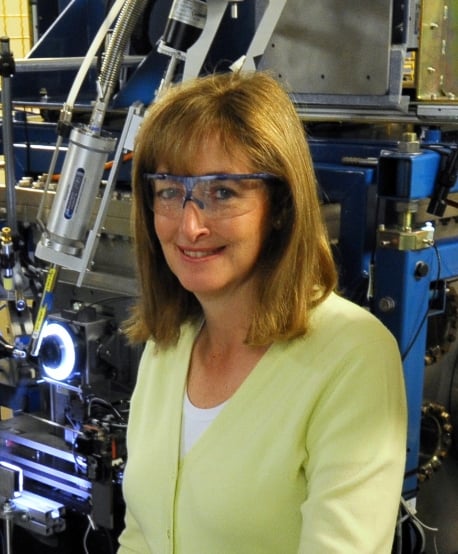
In November, MSD announced it was to invest in a new, multi-million pound drug discovery centre in London – and appointed a renowned researcher and entrepreneur to lead it.
Dr Fiona Marshall has joined MSD from Heptares Therapeutics, the UK biotech company she co-founded more than a decade ago, which was acquired by Sosei in 2015.
Dr Marshall is a world-leading expert in G-Protein-Coupled-Receptor (GPCR) biology and drug discovery. GPCRs are the single largest class of drug targets and recent developments in structural biology have provided new opportunities in the design of drug candidates across a wide variety of therapeutic areas.
In her career, spanning more than 25 years and including firms such as GSK and Millennium Pharmaceuticals, Dr Marshall has led research teams to numerous significant advances, and will now direct a team of around 150 scientists at the MSD UK Discovery Centre.
Brexit means the UK life sciences sector is facing great uncertainty, which has made MSD’s decision to invest in the centre a hugely important endorsement of the country’s scientific ecosystem. MSD’s expansion over the coming years will help the company hold the government to its promises included in the Life Sciences Sector Deal.
Marshall is among the best-connected UK science leaders, and has won numerous awards, including the 2012 WISE award for Outstanding Achievement for Innovation and Entrepreneurship,
the 2018 WITH Award for outstanding women innovators in healthcare and the 2015 RSC Malcolm Campbell Award for chemistry. She was elected as a Fellow to the Academy of Medical Sciences in 2016.
MSD says it has invested in the UK because of its excellence in drug discovery – and finding a top British scientist to lead its new centre helps back the country’s claim to world-leading status.
The company is now looking for a suitable central London site for its new research campus, and hiring the best available scientific minds. The centre will be judged on the strength of its innovation, but the appointment of a world-class woman scientist to the role is a notable breakthrough of its own.
2. Louise Houson, MSD UK and Ireland General Manager

Louise Houson is the first ever woman leader of MSD in the UK and Ireland (known as Merck Inc in North America) and is leading it at a hugely exciting but challenging time for Britain’s pharma sector.
That’s because while the industry is bringing a wave of innovative new treatments to market, the NHS is struggling financially, putting new pressure on the industry to prove the real-world value of its medicines. The main focus of the NHS is on remodelling frontline services around the creation of new integrated care organisations – and the industry needs to demonstrate its partnership credentials by assisting in this goal.
Houson rose through the ranks at MSD after graduating from Oxford with a degree in biological sciences, and took on the managing director role after 19 years of varied experience within the company.
Deploying her understated but driven leadership style to great effect, Houson is co-ordinating the company’s growth in the UK. A very notable victory has just been announced, with Keytruda becoming the first of the groundbreaking immunotherapy drugs to exit the Cancer Drugs Fund and secure NICE approval for first-line use in lung cancer patients.
Louise also plays a key role in the sector as a whole. As Chair of the Industry Negotiating Board for PPRS, she will be central to the sector securing the best possible deal from the all-important pricing agreement. Negotiations between the industry and the government are now under way for another four-year agreement, and a deal must be agreed before the end of 2018.
Louise was also involved in the launch of the government’s Industrial Strategy last year, which set out a post-Brexit vision for the sector – a masterplan which leaders like Louise will press the government to deliver on.
Meanwhile, the company is also breaking new ground in its collaborations with the NHS. It has just won an HSJ Healthcare Partnership award for a high-impact collaboration with a local NHS organisation on modernising frontline healthcare.
Its work on the NHS England Early Intervention Long-Term Conditions Test Bed with NHS Heywood, Middleton and Rochdale CCG in Lancashire and Google’s health division Verily used new digital methods to help frontline services proactively manage patients at high risk of hospital admission.
As well as implementing a clinical change management programme and a risk stratification tool, over 300 patients were enrolled for tele-monitoring, and the University of Manchester will now independently assess the impact of the combined interventions, and build a case for wider NHS adoption.
Finally, MSD is also creating a new UK-based drug discovery centre – (see Fiona Marshall’s entry above) – another major undertaking that the accomplished Louise Houson will help lead.
3. Rachel Dunscombe, CIO, Salford Royal NHS, Chief Executive NHS Digital Academy
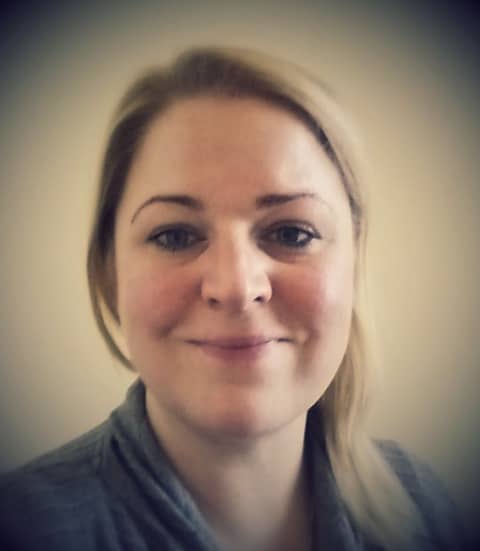
One of the most experienced and accomplished leaders in digital transformation of NHS services, Dunscombe joined the health service in 2005 from a background in IT for insurance and military sectors.
Among her triumphs have been making IT and informatics a key part of a turnaround at Bolton NHS Foundation Trust, and building on the renowned Salford lung study with the North West E-Health team, which has the potential to be a world-leading digitally-enabled research hub.
Rapid uptake of digital innovation is vital if the NHS is to keep on top of rising demand, but leaders like Dunscombe know they have to learn from mistakes made in previous centralised IT programmes.
Since last year, she has added to her Salford CIO role the part-time position of chief executive of the NHS Digital Academy – a national programme aimed at creating the next generation of digital innovation leaders.
The abiding truism about introducing new technology is that it’s not about the IT, but about winning over the workforce. Central to this is creating digital leaders in the NHS who can create a new culture and ways of working, and this is Dunscombe’s great challenge.
4. Professor Jane Cummings, Chief Nursing Officer, NHS England

Chief Nursing Officer for England is one of the most important posts in the NHS – not least because nurses and midwives are the backbone of the whole health service, and account for around 500,000 of its 1.7 million staff.
Professor Jane Cummings has been in the post since 2012, and has played a pivotal role in one of the most difficult periods of NHS history.
Cummings introduced a new nursing strategy shortly after taking up her role, aimed at restoring the profession’s pride in the wake of the Mid Staffs hospital scandal, where a failure in nursing standards was identified as a major factor.
Her actions helped maintain nurses as the most trusted of professions in the eyes of the general public, and Cummings has continued to drive up standards and promote the role of nurses.
Undoubtedly her biggest challenge has been the nurse staffing crisis, with at least 36,000 vacancies in the service. This has been caused by more nurses leaving the profession than joining it, and exacerbated by a seven-year pay freeze and Brexit.
After more than six years in the role, and nearly 40 working in the NHS, Jane announced in May that she will be stepping down – but not before launching the largest nurse recruitment campaign of recent times. This will be vital to the future of the NHS, which is celebrating its 70th birthday this year.
Sir Malcolm Grant, NHS England Chair, praised her experience, “energy and emotional intelligence to provide real leadership to the nursing and midwifery professions across the NHS in England” and said her achievements would have a long-lasting impact on the health service.
5. Lisa Anson, Redx CEO, former President of AZ UK
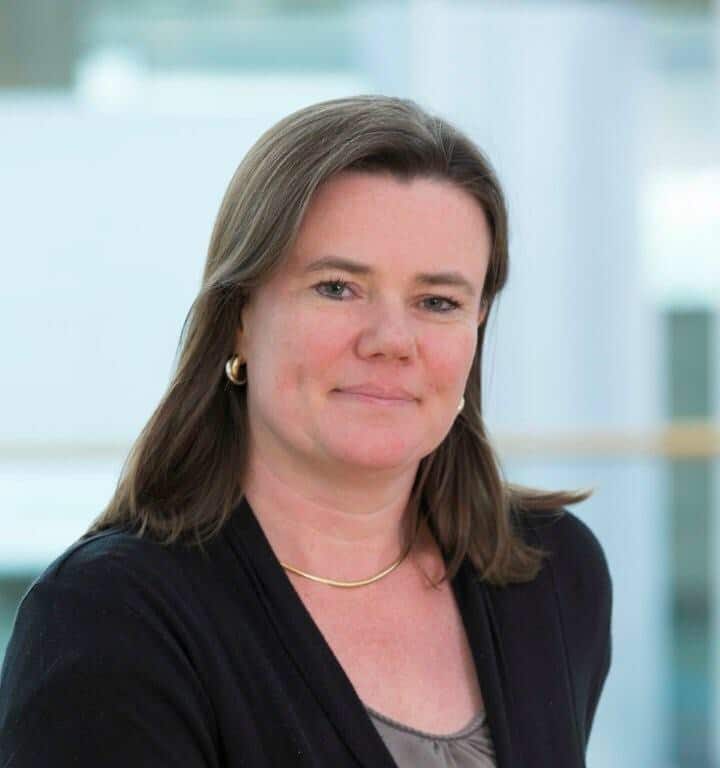
Lisa Anson has been one of the UK pharma industry’s most high-profile women leaders since being appointed President of AstraZeneca UK in 2012 and serving as President of the ABPI since 2017.
Lisa has had a 20-year career with AstraZeneca, and has held a variety of senior management roles at the pharmaceutical company, situated in both the US and UK, including global vice president oncology, and vice president of emerging brands, working closely with the research and development teams.
This month sees Lisa taking her years of experience to a fresh new challenge, leaving ‘big pharma’ to become chief executive of Redx, a promising UK biotech company focused on novel cancer and fibrosis treatments.
6. Dr Susan Galbraith, Senior VP and Head of Oncology at AstraZeneca’s Innovative Medicines and Early Development (IMED) Biotech Unit
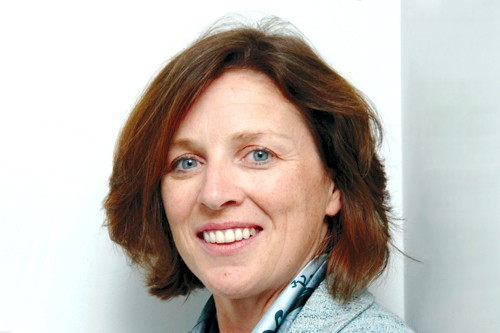
Dr Galbraith, based in Cambridge UK, is responsible for the discovery and early development of AstraZeneca’s oncology medicines across small molecules, oligonucleotides and other novel drug discovery platforms.
She joined AstraZeneca in 2010, after moving from clinical practice to the pharma industry with Bristol-Myers Squibb. Susan also co-leads the Cambridge Cancer Centre Onco-Innovation group, which connects academic Cambridge scientists to biotech and pharma companies in the region, home to AstraZeneca’s new global headquarters and research labs. In addition, she is a Non-Executive Director on the Board of Cambridge-based Horizon Discovery.
She played a key role in the development and approval of Tagrisso, AstraZeneca’s next-generation EGFR-targeting lung cancer treatment that is proving a major advance on existing treatments, and for Lynparza, the first in class PARP inhibitor now approved in ovarian and breast cancers. This has made her a key leader in AstraZeneca’s efforts to restore its fortunes in the hugely competitive oncology market.
“Susan was one of the first leaders I hired when I joined AstraZeneca and has been a forceful driver of change across the company over the past eight years,” Dr Mene Pangalos, Executive Vice President, IMED Biotech Unit & Global Business Development, AstraZeneca.
“She is focused on scientific rigour and quality, with a passion for getting things done to ultimately deliver life-changing medicines for cancer patients. She is resilient and one of our most tenacious and inspiring leaders. She has truly had a significant impact on transforming AstraZeneca’s pipeline.”
7. Joanne Hackett, Chief Commercial Officer, Genomics England
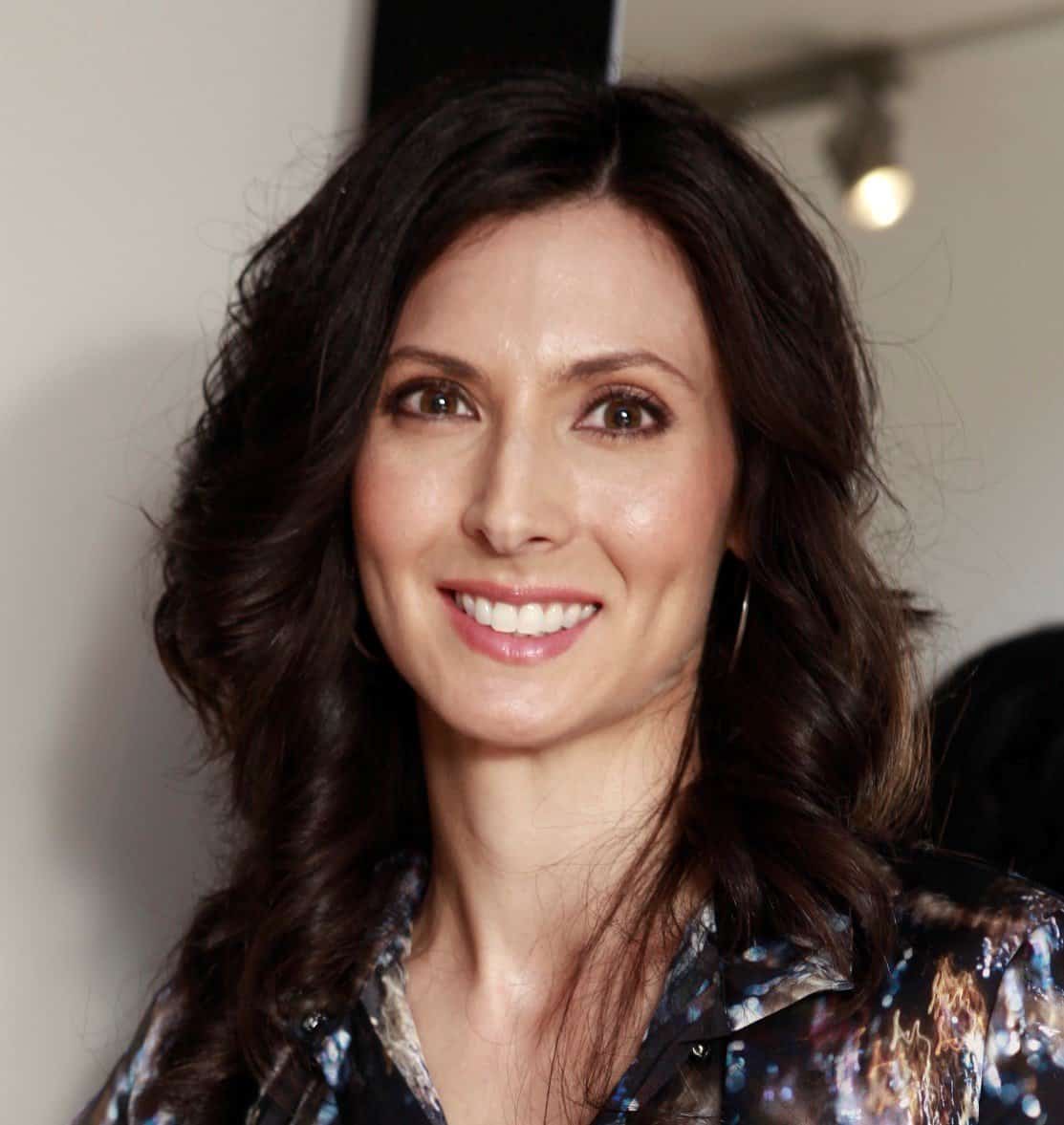
Genomics England is that rare thing for the UK and the NHS – a clear global leader in its field, thanks to its groundbreaking 100,000 Genomes Project.
It represents the world’s largest depository of whole genomes with associated clinical data, and is already being used to diagnose and personalise treatment for people with rare diseases and cancers. Now moving into its next phase of implementation, the vision is to make a genomics medicine service a reality in the UK – which will be a first anywhere in the world.
Part of this vision from the outset was that by creating a world-leading genomics database, England could also reap the benefits financially from its value as a uniquely valuable research tool.
To that end, in 2017 Genomics England appointed Joanne Hackett as its commercial director. An exceptional scientist-entrepreneur, Hackett trained initially in regenerative medicine, and then went on to create and sell two companies to major multinationals.
She also has extensive experience of translating academic research into medical and commercial returns in the UK ecosystem, having worked at UCLPartners and Cambridge University Health Partners.
As a recent report from the Commons Science Committee pointed out, Genomics England still has a long way to go to ensure the NHS, its patients and the UK economy benefit from the progress already made.
Joanne Hackett and the Genomics England team are still developing business models for external access to the data, but if they can find the right formula for this (while safeguarding data security) the country could truly be a world leader.
Joanne is also proud of being a woman scientist and businesswoman, and combines her love of genomics with a determination to encourage other women into the field. As she wrote in a blog to mark International Women’s Day on 8 March this year:
“My passion is creating collaborations and relentlessly pursuing better health for all – and this is what I do every day. It is now my duty to pay it forward. This is why I mentor and support individuals on the NHS Clinical Entrepreneur Training Programme, NHS Innovation Accelerator, and DigitalHealth.London Accelerator. I think that the time for talking about genomic potential is past. It’s time to talk to business − and forge partnerships on an industrial scale.”
8. Professor Kerry Chester, Antibody Engineering Group at UCL Cancer Institute
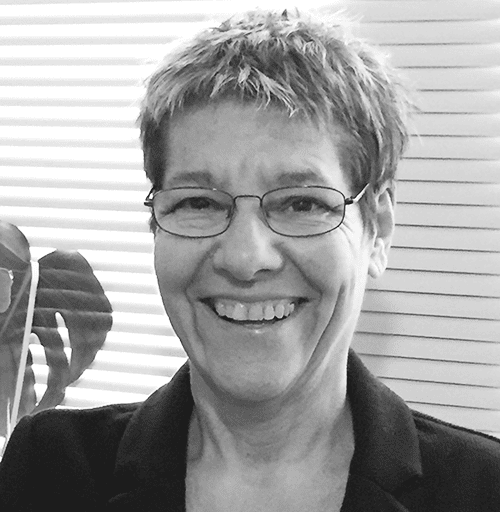
Kerry Chester is one of the UK’s foremost experts in antibody engineering, having over twenty years’ experience in the field and antibody phage-display technology.
She works mainly in the translational field, focusing on the design and construction of antibody-based therapeutics to hit specific cancer targets, and is part of a broader team at UCL which is one Europe’s leading academic centres for immunotherapy research.
Her group designed and manufactured the first single chain Fv antibody (scFv) to enter clinical trials and she is the academic lead of a GMP facility, manufacturing recombinant antibody-based cancer treatments for first-in-human trials.
Current projects include developing antibodies for use as cancer imaging agents, antibody drug conjugates, chimeric antigen receptor therapies (CAR-Ts) and nano-medicines.
9. Angela McFarlane, Market Development Director UK & Ireland, IQVIA
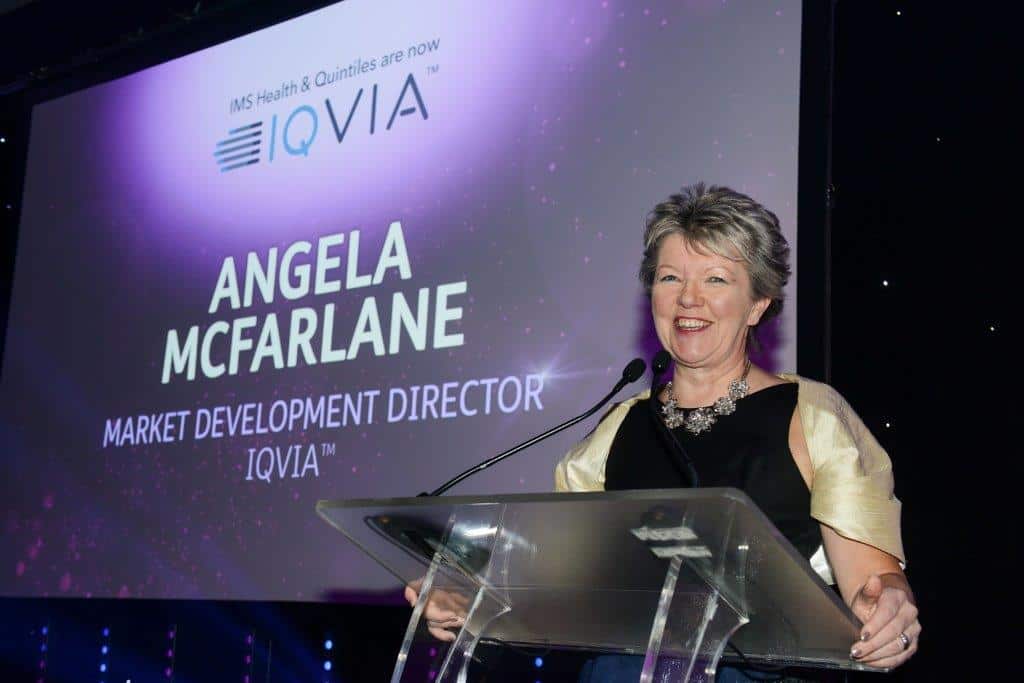
One of the best-connected people in the UK life sciences sector, few people understand the NHS and UK pharma industry better than Angela McFarlane, and she dedicates herself to finding novel ways to reach that elusive ‘win/win’ for both sides.
Backed by IQVIA’s powerhouse of data and analytics, Angela helps her clients secure market access in England’s complex system. Bringing people together to make things happen across organisational lines, Angela is leading projects to exploit real-world evidence, adaptive trials, accelerate the uptake of biosimilars and assist in Greater Manchester’s drive to create a truly integrated health and social care system.
10. Noor Shaker, Co-Founder and CEO at GTN
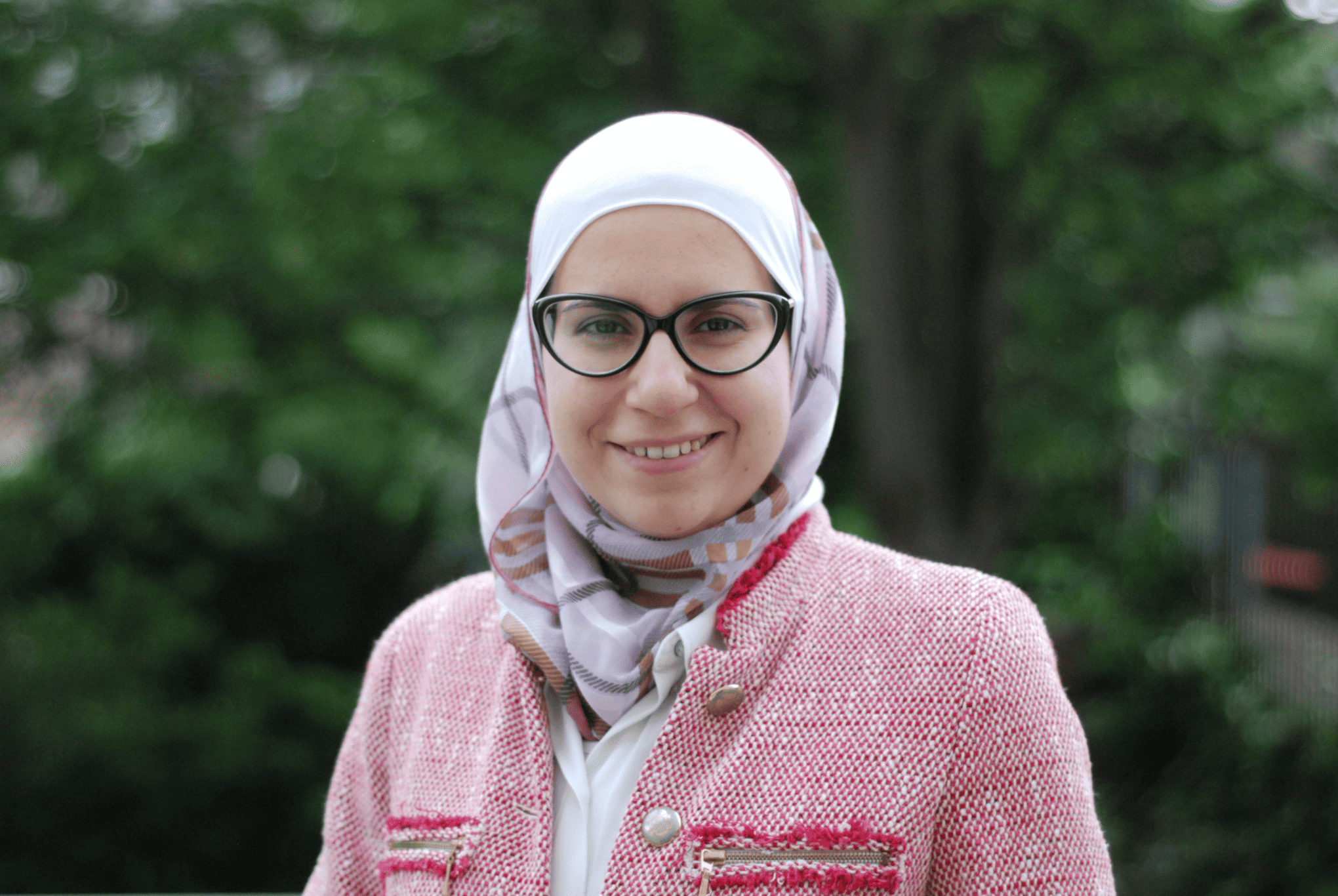
Noor Shaker believes her young start-up company GTN can revolutionise drug discovery through the application of artificial intelligence, and overcome scepticism about the much-hyped technology.
While there has been lots of chatter about the potential of AI, Noor says companies entering the field have over-promised and under-delivered so far.
She says GTN is different from other companies that promise to unlock drug discovery because its technology is a unique synthesis of novel quantum computing and machine learning technology.
“We’re taking ideas from quantum physics and combining them with machine learning, and then applying that to biochemistry. That’s an interdisciplinary approach that’s completely new, and we’re using technology which wasn’t even available even a year ago.”
The firm says its unique technology will be able to optimise leads through advanced quantum-based representation of molecules, surpassing the text-based inputs relied on by other AI-led firms, and using efficient AI to generate a set of high-quality drug candidates.
Originally from Syria, Shaker earned her degree from Damascus university, and then relocated to Leuven in Belgium to study for a masters in artificial intelligence. She then went on to Copenhagen in Denmark, where she became an assistant Professor at Aalborg University working on machine learning, artificial intelligence and data mining.
Proving herself to be a prodigious talent when working in developing AI for the games industry, Noor relocated to London in search of a new challenge in machine learning.
It was there she met her future GTN co-founder and quantum physicist Vid Stojevic, with whom she jointly identified drug discovery as the greatest area in need of disruptive AI innovation.
GTN is already working with several big pharma companies on an exploratory level, and hopes to have an early proof of concept for its platform within six months.
So does she feel that she has faced barriers in her work because she is a woman? She says generally no, and thankfully biotech is far less male-dominated than AI and computing.
She does believe women have to work harder to prove themselves, however.
“I met a chairman of a biotech company recently, who’s been in the industry for a long time. He said 80% of the people he had hired in his career had been women, mainly because they have to fight to be there, so they are generally more productive than their male counterparts.
“I tend to believe that, because that is how my journey has been. So you can’t simply be as good as your male colleagues, you have to beat them [and show] that you are more qualified for the job.”
Continue reading the list here:




